Many problems
According to Dr. Vu Huu Y - Principal of Ha Nam Vocational College (Ninh Binh), many vocational schools are lacking qualified candidates, especially in the fields of engineering, high technology, semiconductor industry, logistics... They have to compete with private enterprises and the university education system when salaries at these units are high and the working environment is more dynamic.
The recruitment of civil servants is a lengthy process, requiring examinations or selections and limited staffing quotas. There is no flexibility in contracts for guest lecturers or business experts, especially foreign lecturers and experts, due to financial and administrative regulations. Moreover, the remuneration at vocational schools is still low compared to the effort, especially for highly skilled lecturers.
Facilities and teaching equipment at vocational schools have been given attention, but some new occupations only meet the minimum requirements, making it difficult for vocational practitioners. Financial autonomy is not strong enough, so schools cannot increase their competitive income. Vocational teachers are both teachers and “skilled workers”, but policies on allowances for hazardous work, heavy work, practice, seniority, etc. are not consistent or have been cut after salary reform.
Ms. Pham Thi Nguyet Minh - Officer in charge of the Training Department, Hanoi Construction College said that the school's staff has had many changes in all positions, especially in the last 2 school years; many lecturers with achievements and experience have retired or transferred jobs, and have not been able to recruit quality staff.
The average age of the school's teachers is 45 years old, so the team's ability to change their mindset, be proactive, flexible, make efforts, and adapt to the current autonomous stage is limited. Because it is an autonomous school, the income of staff, teachers, and employees is mainly based on salary scales, which are mostly low and depend heavily on the number of students the school enrolls.
“The requirements for vocational teachers are increasingly high. In addition to a diploma and a teaching certificate, practical teachers must also have a national vocational skills certificate to ensure adequate professional competence. Despite strict criteria, the salary and benefits are not commensurate, making many teachers not very interested in vocational schools,” Ms. Nguyet Minh expressed.
Sharing the same view, Mr. Nguyen Van Hang - Vice Principal of Ly Thai To College ( Bac Ninh province) said that with nearly 50 lecturers, the school maintains many solutions to retain lecturers by creating maximum favorable working conditions and allowance mechanisms to improve teachers' income. In addition to fixed salaries according to job positions, the school has a worthy bonus mechanism.

Schools find solutions
With more than 50 years of operation, Hanoi Industrial Vocational College currently has 146 lecturers and needs to recruit 12 more teachers to meet the teaching requirements for training majors.
Ms. Pham Thi Huong - Principal, emphasized: The school has built a policy to support newly recruited teaching staff by providing an additional 2 - 3 million VND/month along with a bonus incentive mechanism to increase income. Lecturers with master's and doctoral degrees will have higher overtime pay; create a united teaching environment, full summer and holiday sightseeing regime.
“For the past three years, only people have applied to the school, no one has transferred. Incoming lecturers will be surveyed at the faculty, after meeting the requirements, the head of the organization department will send them to the principal to sign a salary and allowance contract, in addition to receiving additional subsidies. There is a Vietnamese person who is working as a Chinese teacher in Singapore, when he came to the school to survey, he was accepted after only one week,” Ms. Huong said.
From the unit's reality, the representative of Ha Nam Vocational College (Ninh Binh province) said that vocational schools need to specify the mechanism of cooperation with enterprises, universities, and research institutes so that lecturers can practice and update new technologies. Especially, in the mechanism of using public assets in training, research and technology transfer.
At the same time, there is a special mechanism to encourage teachers to improve their qualifications (master's, practical engineer, international certificate) with scholarships or support for study costs. Organize a "dual teacher" program - both teaching and working in enterprises according to Decree 111/2022/ND-CP of the Government.
As a non-public vocational training institution in Ho Chi Minh City, Mr. Tran Phuong - Principal of Viet Giao Secondary School discussed that the school can propose a starting salary higher than the average and build a salary scale based on capacity and teaching results. Combine bonus regimes according to teaching hours, projects and practice allowances to attract experienced chefs and tour guides.
The school expands cooperation with hotels, restaurants, and travel agencies to create internships for students, and invites experts to teach. This model helps the school update trends and supplement a flexible source of guest teachers. The school also supports teachers to participate in training courses on pedagogy, national vocational skills, specialized English, and digital transformation.
“In the mentoring program for young teachers, we design a guidance program from veteran lecturers for those new to the profession; build a professional community to share lectures and teaching methods to help them develop their careers and reduce the risk of leaving the profession in the early days of cooperation. The school currently has 31 permanent teachers and more than 200 guest teachers,” Mr. Tran Phuong cited.
Viet Giao Secondary School (HCMC) also encourages teachers to participate in writing manuals, researching vocational teaching methods, organizing culinary and tourism competitions, etc., contributing to enhancing prestige and bringing in additional income. The school can provide small funds for applied topics, helping teachers see the value of creativity. A positive school environment and recognition of contributions help increase teacher satisfaction.
Source: https://giaoducthoidai.vn/giai-phap-giu-giang-vien-truong-nghe-tu-thach-thuc-den-thanh-cong-post751762.html






![[Photo] Cat Ba - Green island paradise](/_next/image?url=https%3A%2F%2Fvphoto.vietnam.vn%2Fthumb%2F1200x675%2Fvietnam%2Fresource%2FIMAGE%2F2025%2F12%2F04%2F1764821844074_ndo_br_1-dcbthienduongxanh638-jpg.webp&w=3840&q=75)

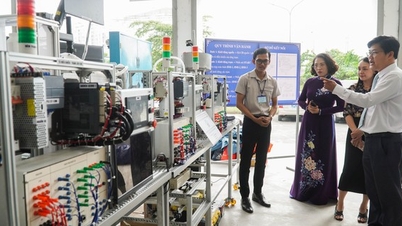

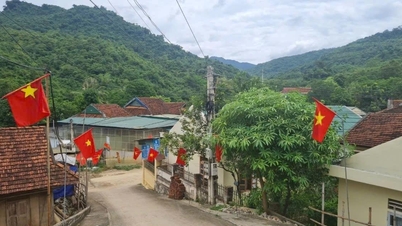

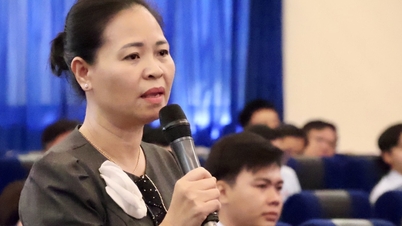

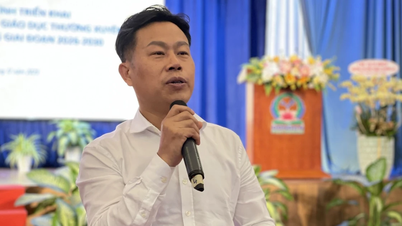
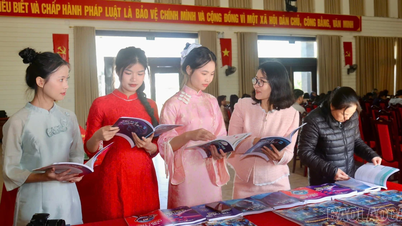

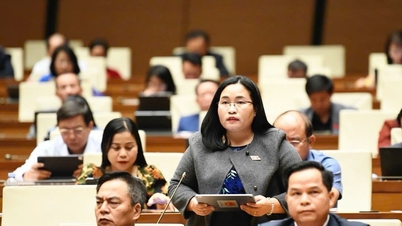
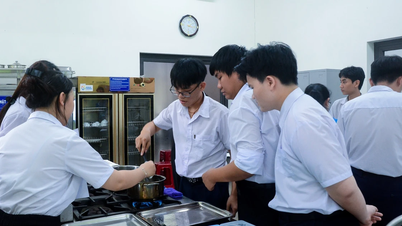


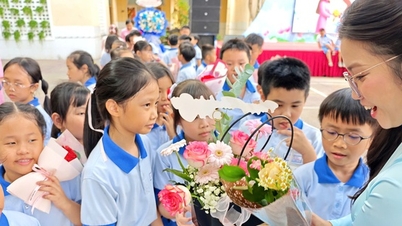

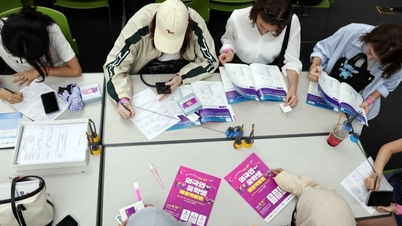







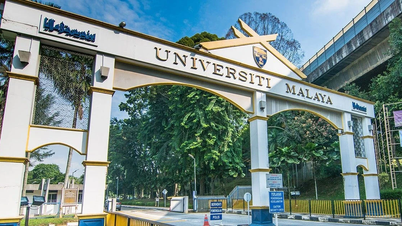
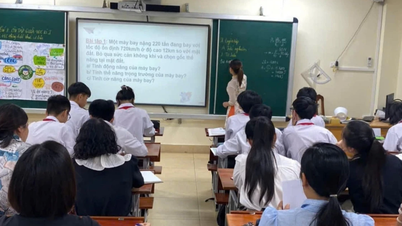

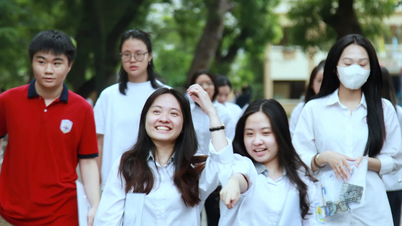
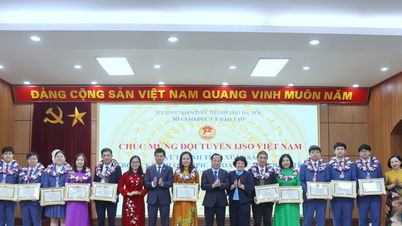

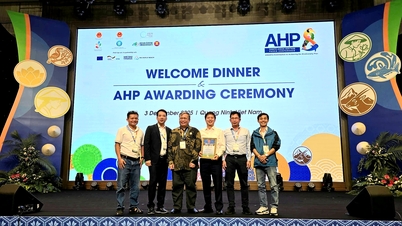




























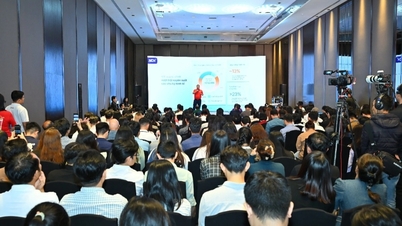


















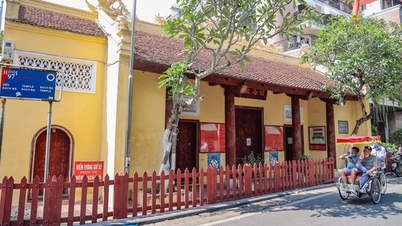

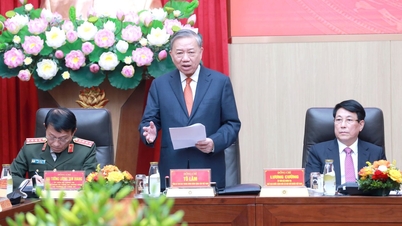

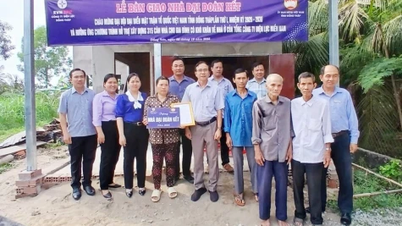

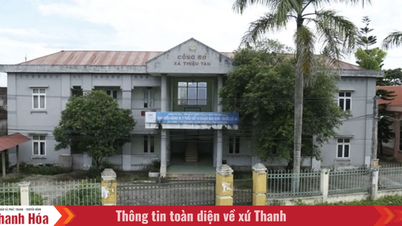




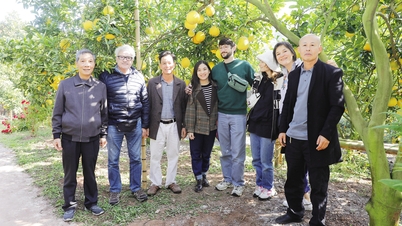











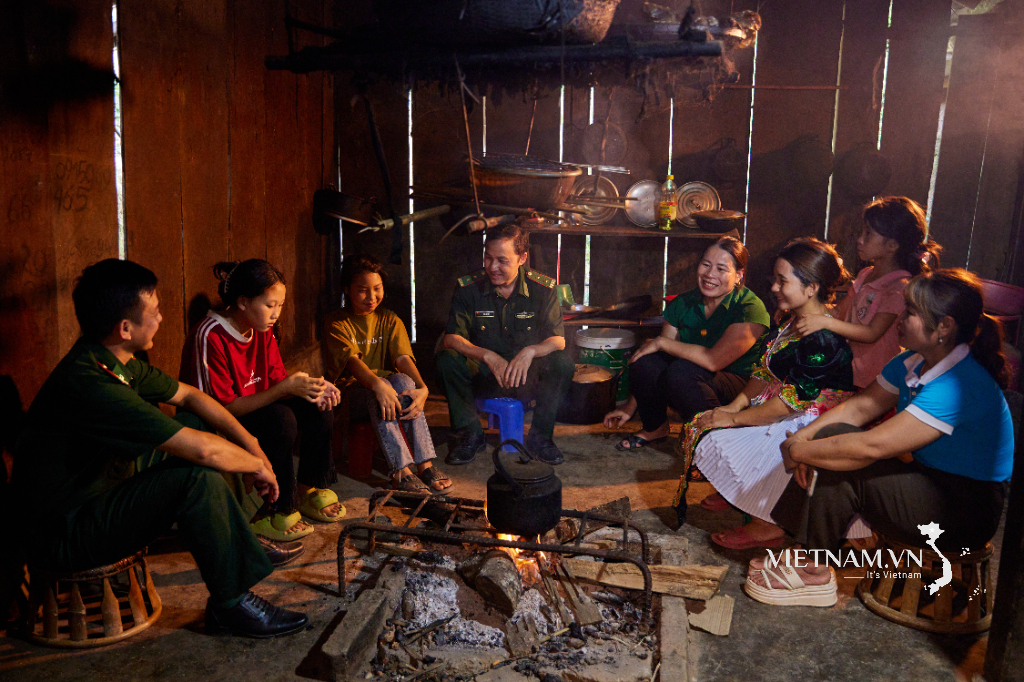

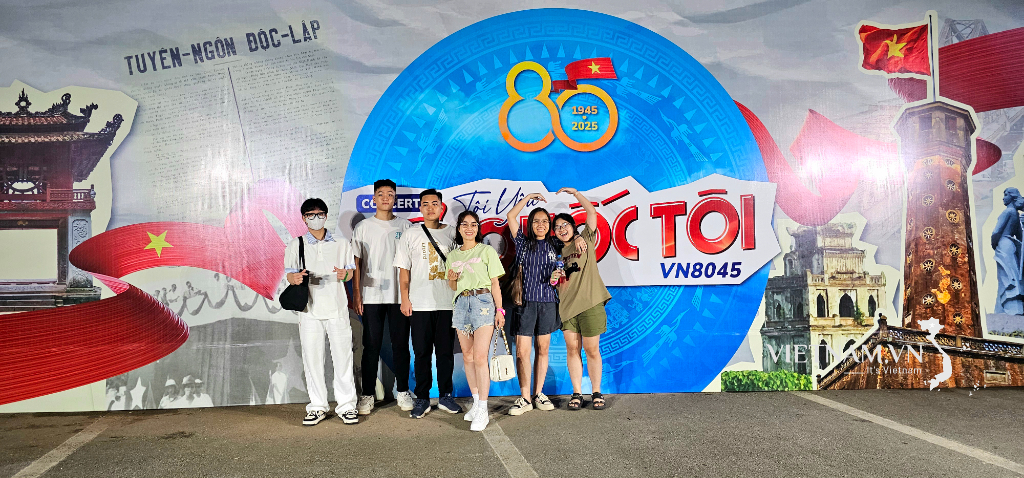
Comment (0)